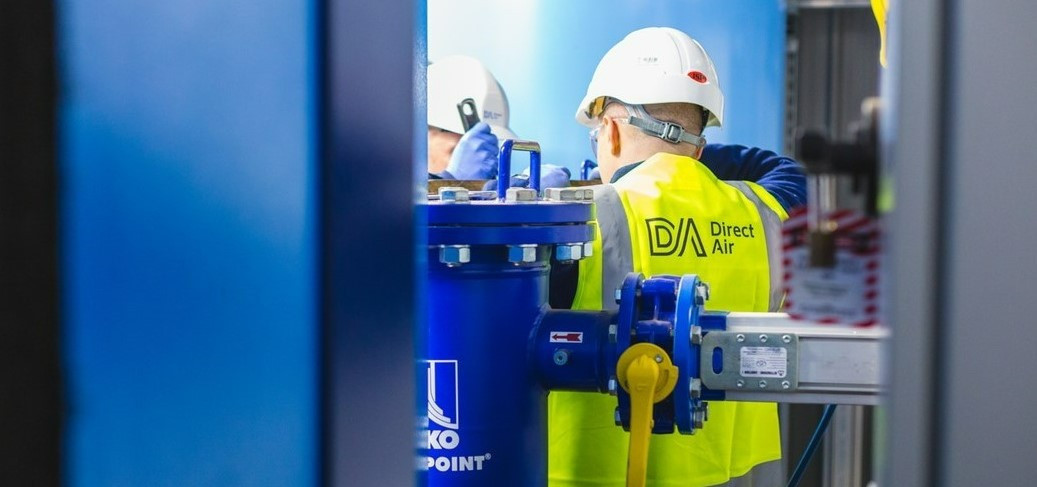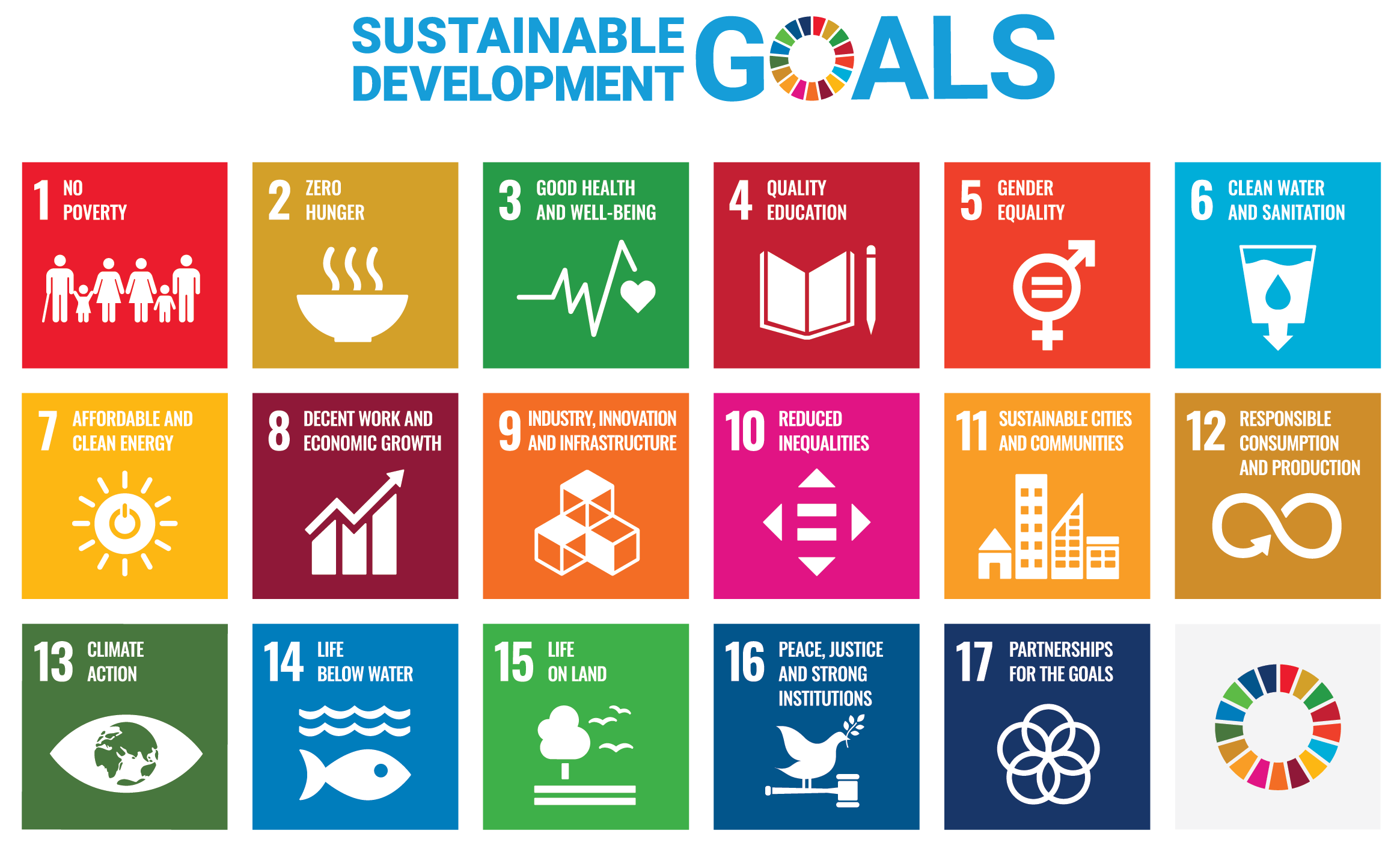The current cost of living crisis presents a unique opportunity for employers to drive the importance of energy efficiency in the workplace and accelerate manufacturing’s sustainable transformation.
Sky-high energy bills have led many to change their behaviour at home to keep costs as low as possible. One of the most obvious is to reduce demand. The less energy you use, the lower your bills will be.
Simple ways of doing that include switching off electrical items instead of leaving them on standby, unplugging charging cables and switching off lights when you leave a room. Good habits such as these have been adopted in homes across the country. What’s surprising is how often they get forgotten at work.
Recognising and addressing this discrepancy was a key takeaway from a Discussion Group on sustainability, chaired by Jonny Williamson, with input from Made Members representing a broad cross-section of industry.
The discussion followed a thought-provoking presentation from Allan Dolby, Managing Director of Coventry-based Direct Air – a leading supplier of compressed air solutions and services.
Did you know, for example:
- Compressed air generation accounts for around 30% of an average user’s electricity bill
- In the UK, companies spend a combined £1.5bn on compressed air a year
- A small 11-kilowatt compressor running 24/7 costs about £25,000 a year
- A 3mm leak costs about £600 a year
- Reducing the pressure of a compressor by 0.5 bar improves efficiency by up to 5%
- 95% of the energy consumed by a compressor is emitted as heat

Wasted air
“How can a company reduce its energy consumption from compressed air? We would typically recommend a system audit combined with a visual inspection,” Alan explained.
“An audit entails fitting data loggers to the compressors for a week or so. The information gathered allows us to assess how a compressor is running and make recommendations accordingly.”
Recommendations include improving the existing installed system, repairing leaks or upgrading to a modern, more energy-efficient compressor. An audit also provides the chance for companies to step back and reassess how the system is being used.
Questions Allan and his team might ask, include:
- Could compressors be turned off? Are they being turned on at 6am and off at 6pm because they are in constant use, or is it just out of habit?
- Could start and stop times be automated?
- If a small team comes in for weekend overtime, does the whole system need to be energised, or would zoning be more cost-effective?
- Can the heat generated by the compressor be recovered and used to heat water for radiators or hand washing?
- Does the system undergo regular maintenance? If not, can a schedule be put in place?
Allan recommended regular maintenance for any compressed air system, regardless of age or size, and concluded with some advice for investing in a new system.
“With energy being such a large percentage of the total cost of ownership, ask whether the compressor is efficient. Is the system being installed efficient? Price is important, we recognise that, but it shouldn't be your number one driving factor as not all compressors or systems are made equal.”
A Culture of Efficiency
Reflecting on Allan’s presentation, Made Members questioned why air leaks were so often ignored. Their consensus was that air is mistakenly viewed as being free and harmless, unlike gas or water.
Additionally, air leaks represented a good example of where small consistent wins can add up to dramatic cost savings. That starts with creating a ‘culture of efficiency’ where continuous improvement is baked into every employee’s role. Suggestions can be gathered either via a combination of regular formal reviews and a suggestion box or dedicated email inbox.
One Made Member noted that the time and resources spent to create such a culture, one in which staff constantly look for process and efficiency improvements, represents the best investment in sustainability an organisation can make.
Another Made Member suggested that a culture of efficiency should be supported by clearly defined and communicated short and long-term goals. These will help motivate workers, ensures everyone is pulling in the same direction and helps measure progress made. They also help employees to understand how their role and actions contribute to the company’s sustainability journey – or, indeed, any journey.
The reference to goals sparked a comment from a Made Member who is starting to align their company to the 17 United Nations Sustainable Development Goals. Energy is a critical focus for businesses currently, understandably so, they said, but sustainability encompasses far more than energy efficiency.

More info on the UN SDGs can be found at sdgs.un.org/goals
Meet, confer and share best practice
Opportunities to openly discuss and consider challenges, opportunities and solutions are why the Made in Group’s Virtual Breakfast Mornings are so invaluable.
Seventy-five minutes out of your morning to hear inspiring and thought-provoking conversations, build relationships with like-minded fellow manufacturers, and gain a clearer picture of what’s happening beyond your factory gates.
We look forward to seeing you at the next one:
*Header image courtesy of Pixabay

